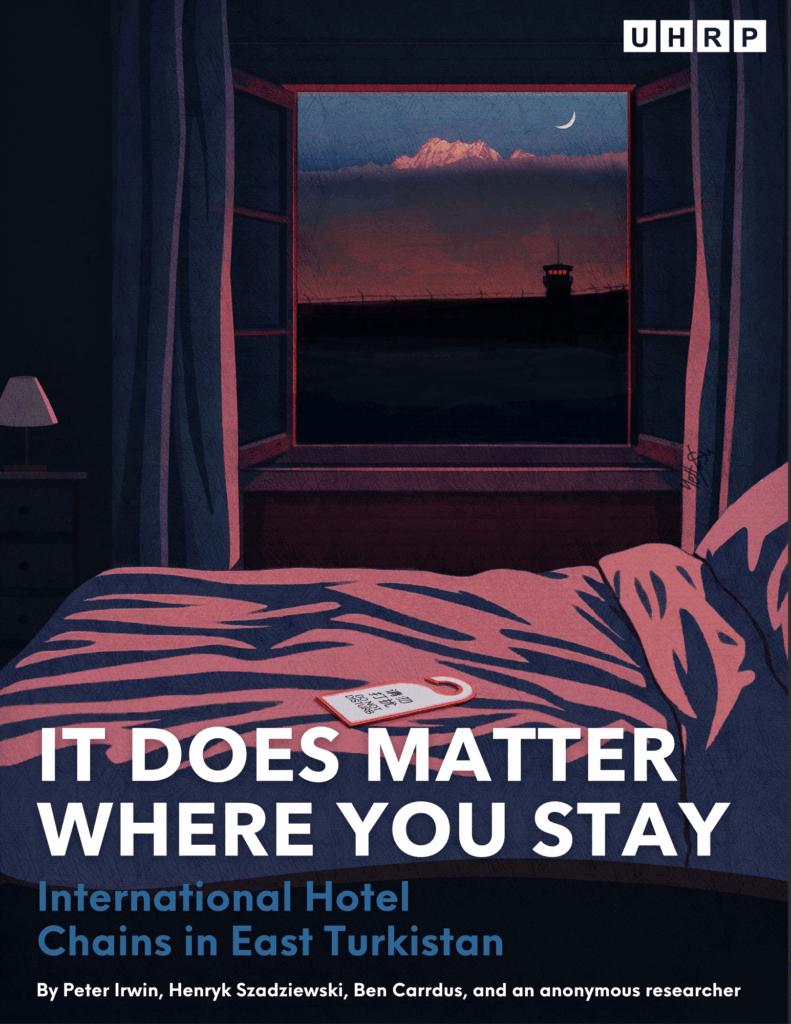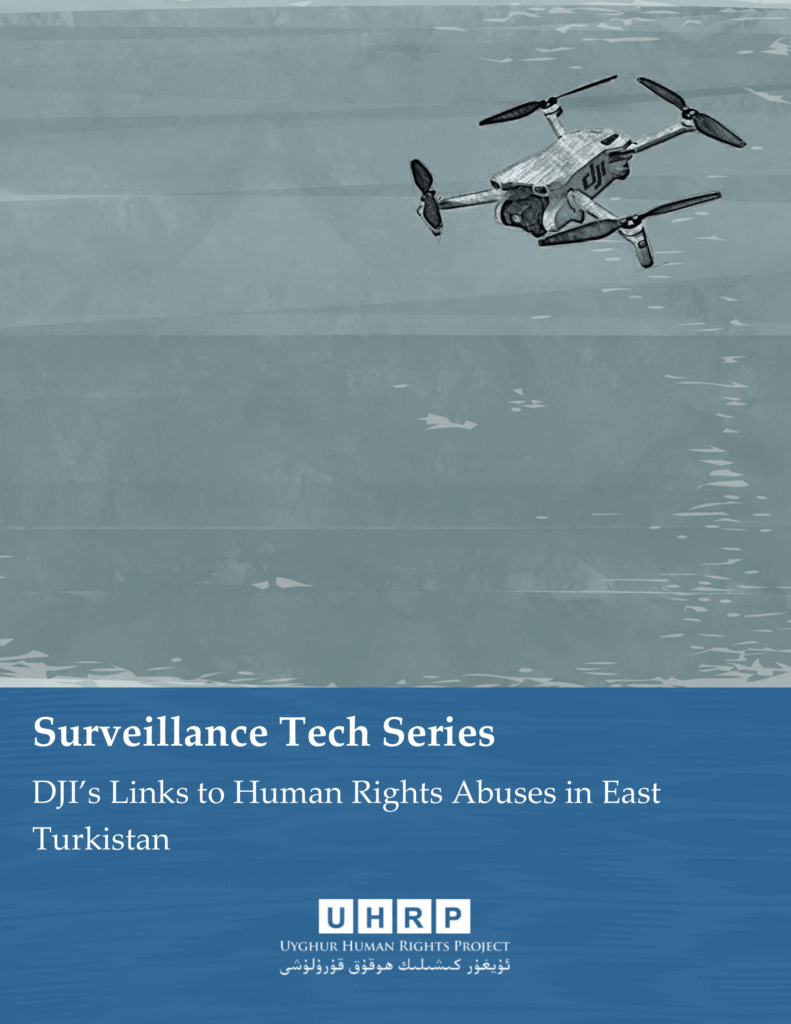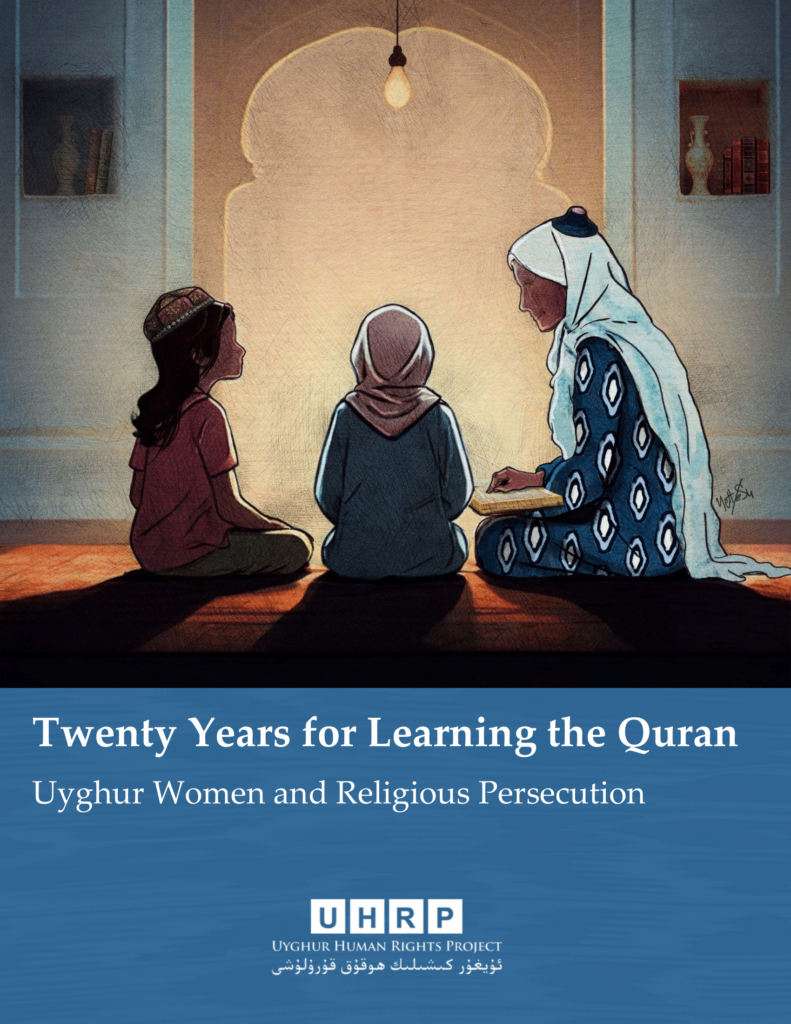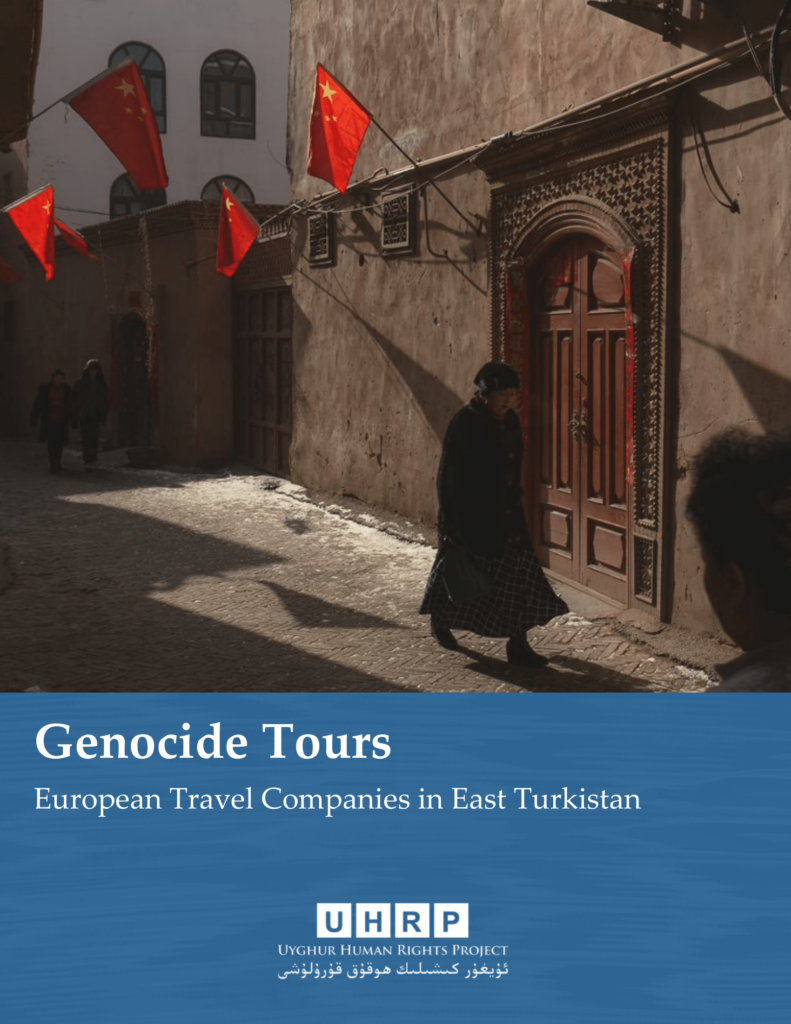Uyghur Political Prisoners – A Call for Action
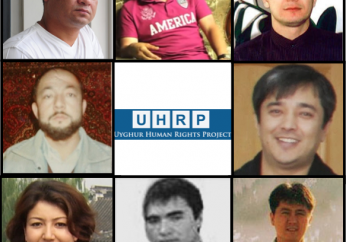
October 15, 2014
By Henryk Szadziewski and Greg Fay
UHRP organizes a PETITION on behalf of Uyghurs in jail for political reasons
The Uyghur Human Rights Project (UHRP) releases an online report detailing the cases of eight Uyghur political prisoners highlighting the broad scope of fundamental human rights violations in East Turkestan.
The list of political prisoners is compiled as a CALL FOR ACTION to the global community of activists to remind China that it is obliged to abide by international human rights standards, especially those contained in the Universal Declaration of Human Rights.
Each profile contains information on the life and work of each Uyghur political prisoner, as well as details regarding their cases. An introduction to the issue raised by each political prisoner and an opportunity to discover more information are also provided.
UHRP links to ACTIONS THAT YOU CAN TAKE on behalf of each Uyghur and has created a PETITION for you to sign that will be sent to Chinese president, Xi Jinping asking for the immediate release of these eight political prisoners.
“This report will help to shine a light on the persecution of Uyghurs who merely exercise their fundamental human rights, particularly the right to freedom of speech. In any civilized country these eight Uyghurs would be listened to, not harshly imprisoned,” said UHRP director, Alim Seytoff. “These individuals raised legitimate questions over a range of political, economic, social and cultural issues demonstrating the kinds of repression all Uyghurs have to face everyday.”
Mr. Seytoff added: “I urge you to sign the petition and make it clear to Xi Jinping a global community of supporters are concerned about these Uyghurs and the issues they represent.”
Uyghurs in East Turkestan (also known as Xinjiang Uyghur Autonomous Region) are routinely imprisoned for political reasons. As illustrated with the recent life sentencing of Uyghur academic, Ilham Tohti, the Chinese authorities do not hesitate to harshly punish those Uyghurs who contradict government policies on ethnic affairs.
The Chinese state disproportionately targets Uyghurs in its criminal-judicial system. Uyghurs comprise 0.76% of the total Chinese population; however, a political prisoner database compiled by the Congressional-Executive Commission on China shows that 13.86% of cases recorded are Uyghur individuals.
The Uyghur Human Rights Project has documented eight of the most egregious political prisoner cases, but stresses this list is merely the tip of a very large iceberg. In addition, to political prisoners upon whom information is available, there are unaccounted numbers of Uyghurs imprisoned whose names are unknown and cases undocumented. The political prisoner profiles chosen also represent the kinds of issues for which these unknown Uyghurs could be jailed.
Ilham Tohti and Gulmire Imin were jailed for exercising their freedom of speech. Professor Tohti was particularly outspoken on a number of economic, social and cultural issues facing the Uyghurs through his Uighurbiz website. The detention of HIV/AIDS activist, Akbar Imin is a further example of the limited space the Uyghurs have to raise social problems with the state.
The case of Uyghur author, Nurmuhammet Yasin shows the tight constraints placed on artistic freedom. The jailing of Abdukiram Abduweli and Alimjan Yimit are demonstrative of the curbs place on religious rights in East Turkestan. The Chinese authorities suppress a second key marker of Uyghur identity, language, to the extent that when linguist, Abduweli Ayup asserted his linguistic rights by establishing a Uyghur kindergarten, he was jailed for 18 months.
The case of Ablikim Abdureyim is illustrative of the Chinese government’s punishment of family members of outspoken Uyghurs. Ablikim was sentenced to nine years in prison after his mother, Uyghur democracy leader, Rebiya Kadeer was elected president of the Uyghur American Association and the World Uyghur Congress. His treatment in prison displays the endemic nature of torture facing Uyghur prisoners.
The report is online at: https://uhrp.org/political-prisoners-2014/call-action
FEATURED VIDEO
Atrocities Against Women in East Turkistan: Uyghur Women and Religious Persecution
Watch UHRP's event marking International Women’s Day with a discussion highlighting ongoing atrocities against Uyghur and other Turkic women in East Turkistan.

